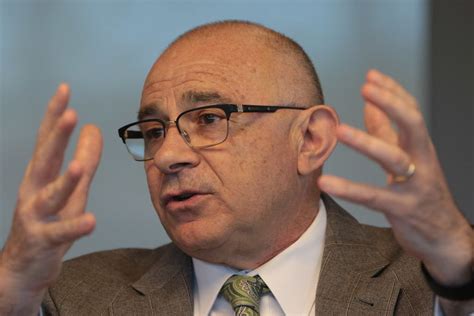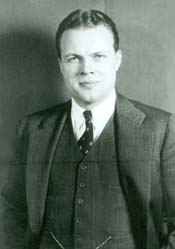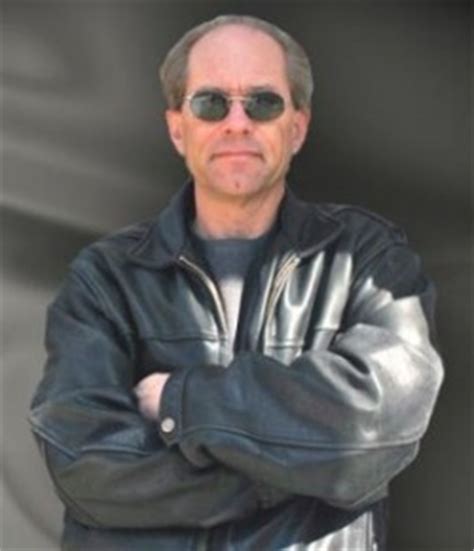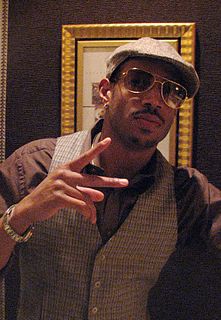A Quote by Tony Campolo
Jesus refers to the poor over and over again. There are 2,000 verses of Scripture that call upon us to respond to the needs of the poor. And yet, I find that when Christians talked about values in this last election that was not on the agenda, that was not a concern. If you were to get the voter guide of the Christian Coalition, that does not rate. They talk more about tax cuts for people who are wealthy than they do about helping poor people who are in desperate straits.
Related Quotes
When we give help to the poor, we are not doing the work of aid agencies 'in a Christian way'. Those are good, it is a decent thing to do - aid work is good and quite human - but it is not Christian poverty, which St. Paul desires of us and preaches to us. Christian poverty is that I give of my own, and not of that which is left over - I give even that, which I need for myself, to the poor person, because I know that he enriches me. Why does the poor person enrich me? Because Jesus Himself told us that He is in the poor person.
When I talk about the city, I talk about a city that elevates people, which is the strength of New York. We always had the ability to do that. We had the services to do that: good schools, living-wage jobs. We're moving away from that toward a two-tiered system: a small group of very wealthy people and the rest of the city, poor and working poor.
If this understanding of the good news of Jesus prevailed among Christians, the belief that Jesus’s message is about how to get somewhere else, you could possibly end up with a world in which millions of people were starving, thirsty, and poor; the earth was being exploited and polluted; disease and despair were everywhere; and Christians weren’t known for doing much about it. If it got bad enough, you might even have people rejecting Jesus because of how his followers lived. That would be tragic.
We have to concentrate back on: Where is the money going? Where's it been going for the last thirty years? How do we start to redistribute the cake more evenly, and give people opportunities? That's as much about poor white people in West Virginia as it is about poor black people on the Southside of Chicago.
If the "rich" were swarming into poor neighborhoods and beating the poor until they coughed up the dimes they swallowed for safekeeping, yes, this would be a transfer of income from the poor to the rich. But allowing taxpayers to keep more of their money does not qualify as taking it from the poor - unless you believe that the poor have a moral claim to the money other people earn.
I don't want there to be this separation between the rich and poor. I may be part of the three percent because I've been fortunate and done well for myself, but I will never forget about the 97 percent. That was me growing up. I was so poor I dreamt about being just 'regular poor,' not 'poor, poor.'


































